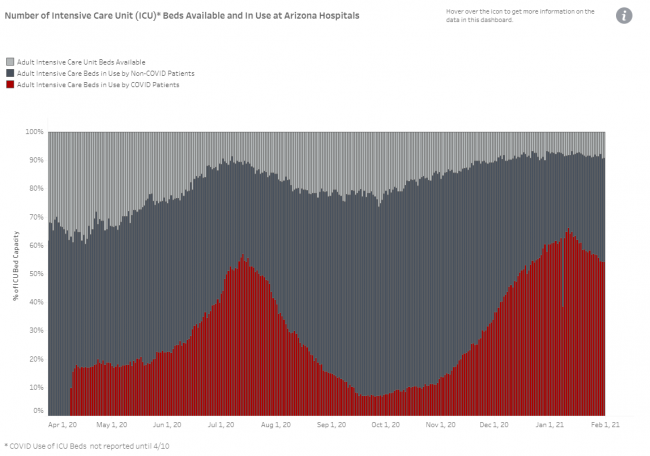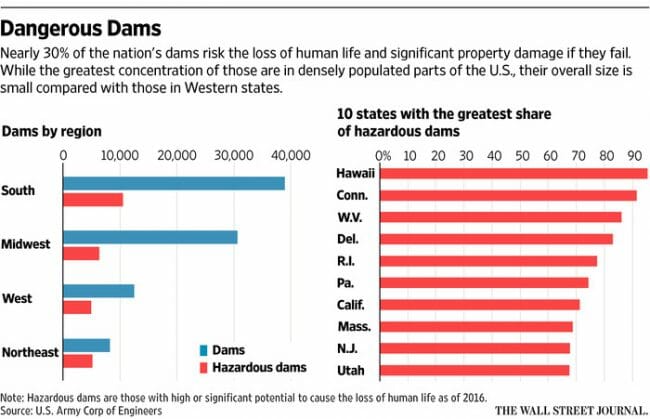The CBS Settlement With Trump Means Almost Nothing
Republicans are doing a victory dance in the aftermath of CBS's settling Trump's lawsuit over CBS's editing of their Kamala Harris interview.
I ran a public hospitality business with over 10 million visitors a year, so it is almost inevitable that we would get sued from time to time. At this point I can't remember the exact numbers but we probably had 10 serious suits in 20 years, all of which were over some injury sustained in a public campground or marina we operated. You know how many of these I honestly believe we had any liability whatsoever? 0%. You know how many of these we (or rather the insurance company) settled? 100%. There are many reasons a company might settle a case in which they feel they have no guilt, but two are: 1) Lawyers and litigation are expensive -- it costs $500-$2000 just to get an attorney to pick up the phone for the first time; and 2) unlike criminal juries, who I think are pretty fair, civil juries cannot be counted on to give a fair verdict. In particular, faced with a sympathetic injured plaintiff and a faceless company covered by an insurance policy, certain juries will give an award to the plaintiff almost no matter what the cause and effect. If you think of it as a "bad outcomes award" rather than a "liability award," you can get closer to the thinking of some juries. Not all juries mind you, but enough to scare companies from going to trial.
I will give you an example from years and years ago in LA County. A little girl drowned swimming in a lake we operated and her family sued us for failure to warn of the danger. The frustrating part was that there was no way to photograph the location of her tragic death without getting the "no swimming" sign in the frame. Faced with this evidence, the complaint was soon amended to say the girl drowned wading in the lake, not swimming, and that the sign said nothing about wading. This seems crazy, but our lawyers were adamant that we did not want to try this case in LA County with the sympathetic grieving parents of a little Hispanic girl. So the insurance company settled for something like $2 million.
I would urge you to consider the CBS settlement in this context. Because they have these same problems, plus one more. The cost of litigation would be high, easily in the millions for this kind of case even if they win (there is no loser pays in the US). And just as Trump often drew juries from hostile pools for some of his civil cases, one could easily imagine the MAGA mirror image in a CBS trial.
But as I said, CBS had one more problem -- Trump is their regulator via multiple agencies. Not only does he have substantial influence at the FCC, which heavily regulates broadcast TV, but also at the SEC, FTC, and Justice Department who could easily wreck the current buyout and restructuring being undertaken by CBS's parent company. There are billions of dollars at stake in those deals, and I am positive in this context the lawyers told CBS management to give Trump his $16 million gratuity and move on.
There is a lot that is wrong here on both sides. CBS was absolutely abdicating its responsibility to help the country understand its candidates for President, and the hiding of Harris's unreadiness for office is of a piece with the same work CBS did in hiding Biden's deteriorating condition. But their video editing wasn't strictly illegal and really is not much different from what 60 minutes has been doing legally for decades, though usually the editing is the other way around to create a gotcha for some corporate executive.
But given his position as regulator in chief of CBS, this private lawsuit is just wrong, wrong, wrong. If something was illegal, fine, send in the FCC or FTC (or FEC). But trying to extract a personal financial settlement over a charge of dubious legal merit from a company he is regulating is barely different from a protection racket or even solicitation of bribery.
update: this has some interesting backstory. Don't tell me it does not look like bribery. Apparently even the participants were worried about it looking like bribery:
The bribery issues arose because Redstone is in desperate need of cash since inheriting the Paramount media empire from her late father, the media mogul Sumner Redstone and the settlement of the lawsuit is inextricably tied to the deal getting completed since Trump’s regulators must approve the merger.
Since Redstone would receive around $2 billion once the deal is done, any sizable payment could be seen as a bribe to get the Federal Communications Commission’s green light.
The (slightly more) ethical approach was to drop the suit the moment he took and hand it off as an investigation to his regulatory agencies.



